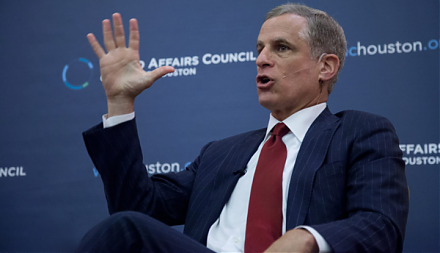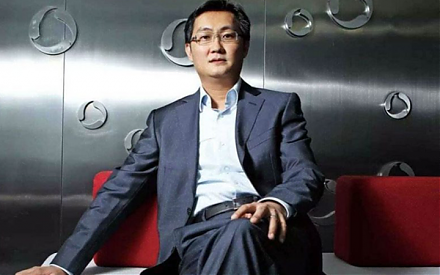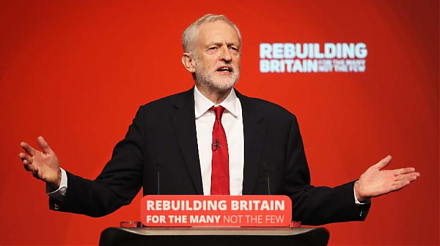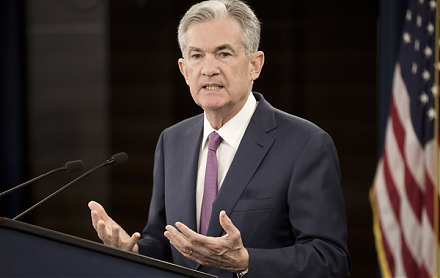

2018-01-25 08:32:00 Thu ET
stock market gold oil stock return s&p 500 asset market stabilization asset price fluctuations stocks bonds currencies commodities funds term spreads credit spreads fair value spreads asset investments
After its flagship iPhone X launch, Apple reports its highest quarterly sales revenue over $80 billion in the tech titan's 41-year history. Apple expects to distribute to its shareholders $143 billion cash stockpiles in the form of cash dividends and share repurchases. Apple also plans to make $30 billion capital investments in America in the next 5 years. Most of these capital expenditures contribute to opening data centers for iCloud services. Apple expects to create more than 20,000 new jobs at its extant campuses and a new one for technical support.
In fact, Apple is the latest one to announce new cash distributions that arise from the new Trump tax holiday. For the Trump administration and Republican-driven Congress, this legislative victory aims to transform corporate tax credits into better jobs and higher wages. Some companies may instead funnel these tax credits into share buyback and dividend payout in order to side-step U.S. workers. It is hence important for most investors to assess whether these tax cuts can serve as fiscal stimulus for better domestic employment and macroeconomic growth.
In due course, the Trump stock market rally can continue in the medium term only when 3%-3.5% real GDP growth trickles down to benefit the typical U.S. consumer, producer, and financial intermediary.
If any of our AYA Analytica financial health memos (FHM), blog posts, ebooks, newsletters, and notifications etc, or any other form of online content curation, involves potential copyright concerns, please feel free to contact us at service@ayafintech.network so that we can remove relevant content in response to any such request within a reasonable time frame.
2019-06-11 12:33:00 Tuesday ET

Dallas Federal Reserve Bank President Robert Kaplan expects the U.S. economy to grow at 2.2%-2.5% in 2019-2020 as inflation rises a bit. In an interview wit
2023-10-14 10:32:00 Saturday ET

Jonathan Baker frames the current debate over antitrust merger review and enforcement in America. Jonathan Baker (2019) The antitrust paradi
2018-12-19 17:41:00 Wednesday ET

Tencent Music Entertainment debuts its IPO on NYSE to strike a chord with stock market investors. Tencent Music goes public and marks the biggest IPO by a m
2019-06-17 11:25:00 Monday ET

To secure better economic arrangements with European Union, Jeremy Corbyn encourages Labour legislators to back a second referendum on Brexit. In recent tim
2018-08-09 16:36:00 Thursday ET

President Trump applies an increasingly bellicose stance toward the Iranian leader Hassan Rouhani as he rejects a global agreement to curb Iran's nuclea
2019-09-09 20:38:00 Monday ET

Harvard macrofinance professor Robert Barro sees no good reasons for the recent sudden reversal of U.S. monetary policy normalization. As Federal Reserve Ch